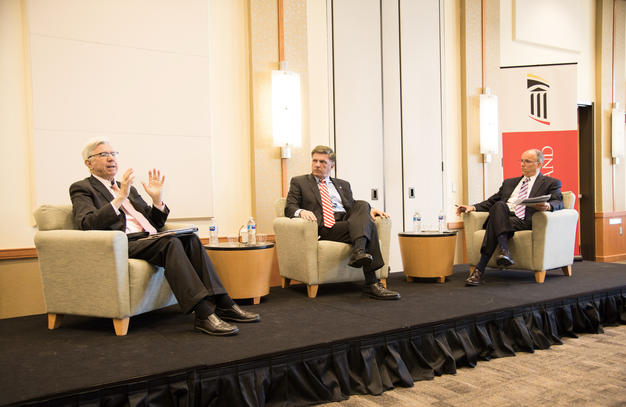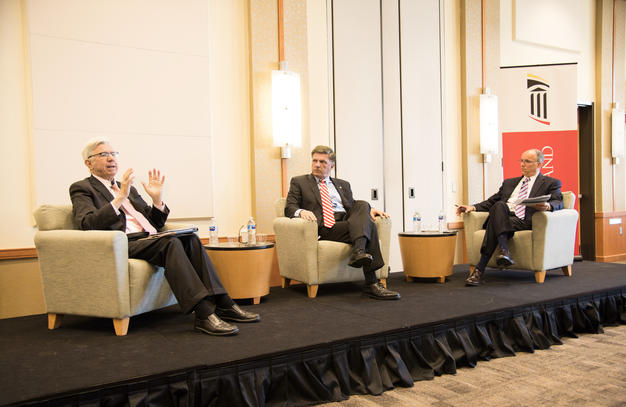The Bob Ehrlich-Parris Glendening Mutual Admiration Society




REPUBLISHING TERMS
Our stories may be republished online or in print under Creative Commons license CC BY-NC-ND 4.0. We ask that you edit only for style or to shorten, provide proper attribution and link to our website. Please see our republishing guidelines for use of photos and graphics.
If you have any questions, please email [email protected].
 Creative Commons Attribution
Creative Commons Attribution